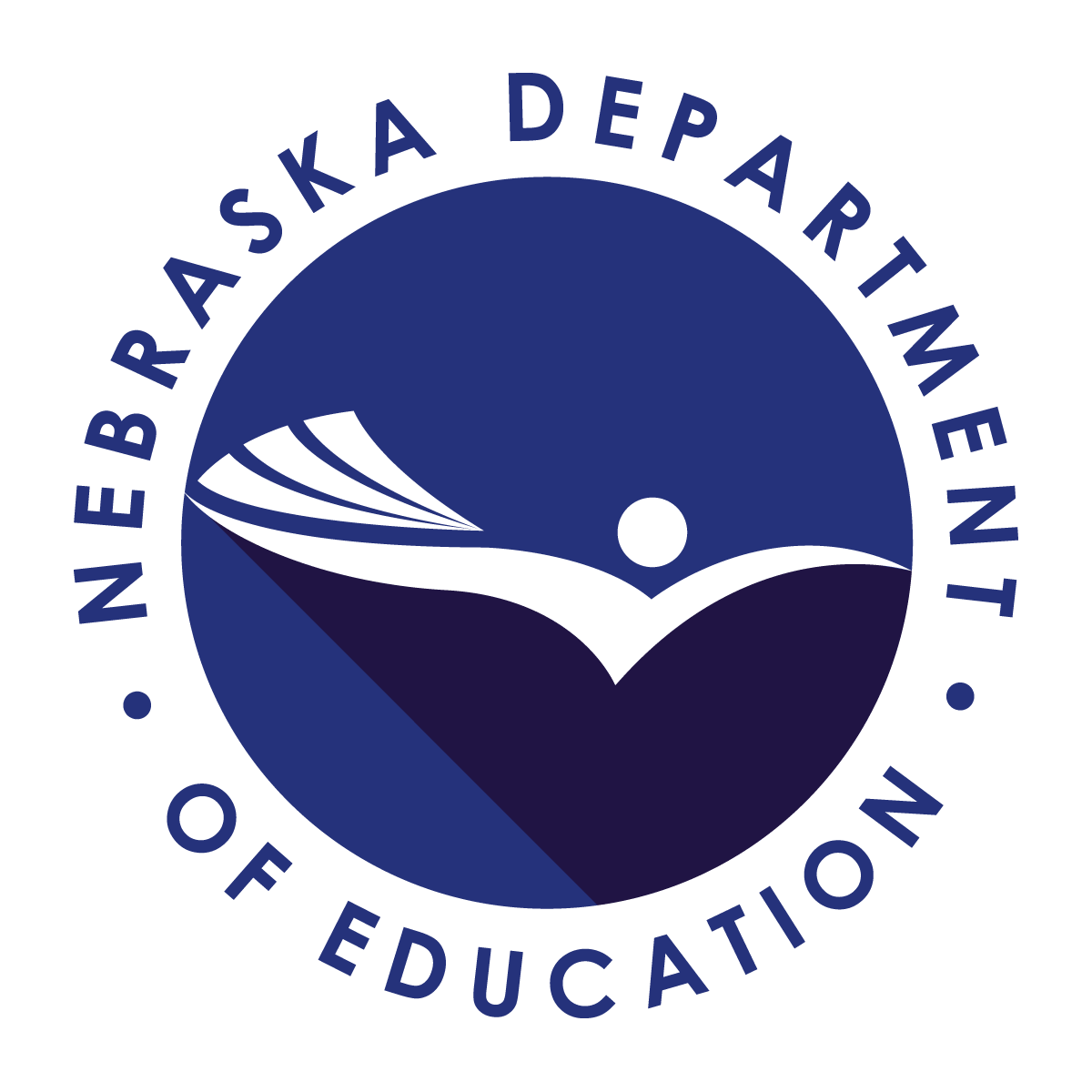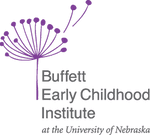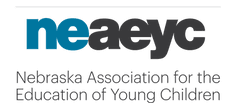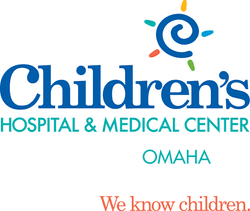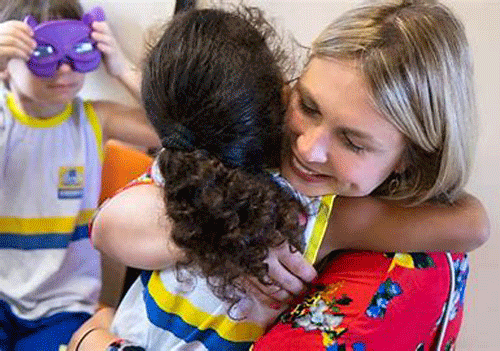
Holly Hatton-Bowers knows the powerful moment of watching families struggle and trying to build positive bonds from analyzing such interactions. In a practicum where she had to employ video reflection, Hatton-Bowers tells of a woman who described herself as a “terrible mother,” and who went as far as saying, “I think my child hates me.” Hatton-Bowers describes the emotion of reviewing the video with the mother and pointing out an instance when the 2 ½-year-old child climbed into the mother’s lap, looked up at her, smiled and stroked her face. Hatton-Bowers asked, “what did you just notice?” The mother said, “that my child wants to be with me,” and began crying.
Such is the power of laying the foundations of strong, positive family relationships that result in healthy infant and child development. Indeed, Hatton-Bowers was nearly in tears herself when she related the moment of reinforcing to the distraught mother how much her child cared for her. Perhaps that’s why Hatton-Bowers, in coordination with Sami Bradley of Nebraska Children and Families Foundation, agreed to co-leadership of the Nebraska Association for Infant Mental Health (NAIMH) in 2017, which has tripled in membership under their guidance.
Both Bradley and Hatton-Bowers are passionate about the importance of infant mental health and adamant concerning a Nebraska landscape in need of support in this area. Bradley describes a system where research abounds on the importance of cognitive and emotional development in the first three years of a child’s life but where it is difficult to obtain mental health due to insurance regulations and low availability of providers. She further details a system where practitioners are leaving the field without being replaced because, she points out, burnout is high for those who work with young children and families. In fact, Bradley works in an area of Nebraska where there are no practitioners serving children under 5.
A welcome change has come in 2022 thanks to carryover funding from the Preschool Development Renewal Grant. NAIMH has joined with the Alliance for the Advancement of Infant Mental Health, an internationally recognized certifying agency for the field. The organization offers four levels of certification to a wide range of practitioners from providers and home visitors to licensed child psychotherapists: Infant Mental Health Associate, Infant Family Specialist, Infant Mental Health Specialist, and Infant Mental Health Clinical, Faculty, or Policy.
Certification requires a rigorous process of application, including references, demonstrated leadership in the field, education and trainings related to the field, an extensive peer review process, and, for two of the certifications, a comprehensive exam. Both Hatton-Bowers and Bradley are preparing for their exams to join a cohort of 8 practitioners that will be certified this year, and who will act as the future leadership group of the Nebraska Alliance. They are joined by Aiesha Rahn, who is the Assistant Vice President of Early Childhood Programs at Nebraska Children and who has completed the Infant Family Specialist Certification, which doesn’t require an exam but is extensive. Rahn said she had to log close to 200 hours of training as part of the review process.
All three women are quick to express the importance of this certifying process and the connection to the Alliance. Bradley points out that certification further professionalizes the field of Infant Mental Health, adding, because of its rigor, “when an individual receives endorsement, it means that they have met a level of competency that employers and families can feel confident in.” She has worked as a Licensed Mental Health Practitioner who specialized in Play Therapy, Family Therapy, and Child Parent Psychotherapy and will focus on getting her certification in Infant Mental Health Clinical-Policy. She says the process will “have a tremendous impact in supporting young children and their families.” She also sees potential for collaboration with other organizations, as part of her work with Rooted in Relationships, an early childhood mental health initiative, offering, “this could serve as a bridge across systems at both the state and community level.”
Hatton-Bowers foresees Alliance accreditation increasing capacity in the field because potential certification may encourage professionals toward more training. Her drive has always been toward research to practice partnerships. As part of her education, she received a graduate certificate in infant mental health and recognized even then the importance, beginning at pregnancy, of supporting parents and caregivers. She credits Dr. Berry Brazleton, who created the Neonatal Behavioral Assessment Scale, with inspiring her interest in the roots of positive family and child interaction. During an observation of Brazleton’s work with a family whose child dealt with sleep challenges, she was struck by the way “he immediately won over the family and child.” Even though 20 students observed the interaction, it felt, she said, “like the students weren’t even there, and Dr. Brazleton put them at ease with his non-judgmental approach.” Hatton-Bowers, who is an assistant professor in Child, Youth, and Family studies and an Early Childhood Extension Specialist at the University of Nebraska-Lincoln, has translated that inspiration into research on caregiving and health in early childhood using an interdisciplinary approach and will use research as her focus for her Alliance certification.
Rahn sees her certification as an opportunity to expand services across Nebraska and to build equity and diversity in the state. She notes that “there are pockets within our state that don’t know what the developing child looks like.” But she said even as she first heard of the certification process that “when the opportunity came, I already had a list of potential candidates for endorsement.” Rahn has worked as Family Engagement Manager of Educare Kellom, with early childhood education, coaching, Getting Ready, Metropolitan Community College, and Nebraska Department of Education, and sees the opportunity to connect to and promote certification for the Sixpence team, coaches, home visitors and other childhood professionals. She also commented on the multi-tiered program’s ability to motivate continued training when she said, “this is a blessing for me and my journey; I can still go for another level later.” Rahn sees her endorsement as a model for equity expansion for women and men of color.
These three remarkable women will be among the eight endorsements to be honored this year. During the Week of the Young Child in April, the Alliance for the Advancement of Infant Mental Health will help in virtually kicking off Nebraska’s union with the Alliance. This event represents the capacity to grow the infrastructure of Infant Mental Health professionals in Nebraska that can support caregivers in advancing mental health while maintaining their own well-being, supporting children as they develop, and partnering with parents to build positive environments for children.
NAIMH began in 2006 and has served as a neutral space where individuals and organizations could come together around a common passion, the importance of early childhood mental health. Bradley and Hatton-Bowers acknowledge that there are many individuals who have championed infant and early childhood mental health over the past 15 years; those who have continued to keep this important work moving forward and laid the foundations so that when opportunities arise, such as the ability to join the Alliance, structures were in place to progress. For more information on NAIMH or to find out about the April event go to www.neinfantmentalhealth.org.



